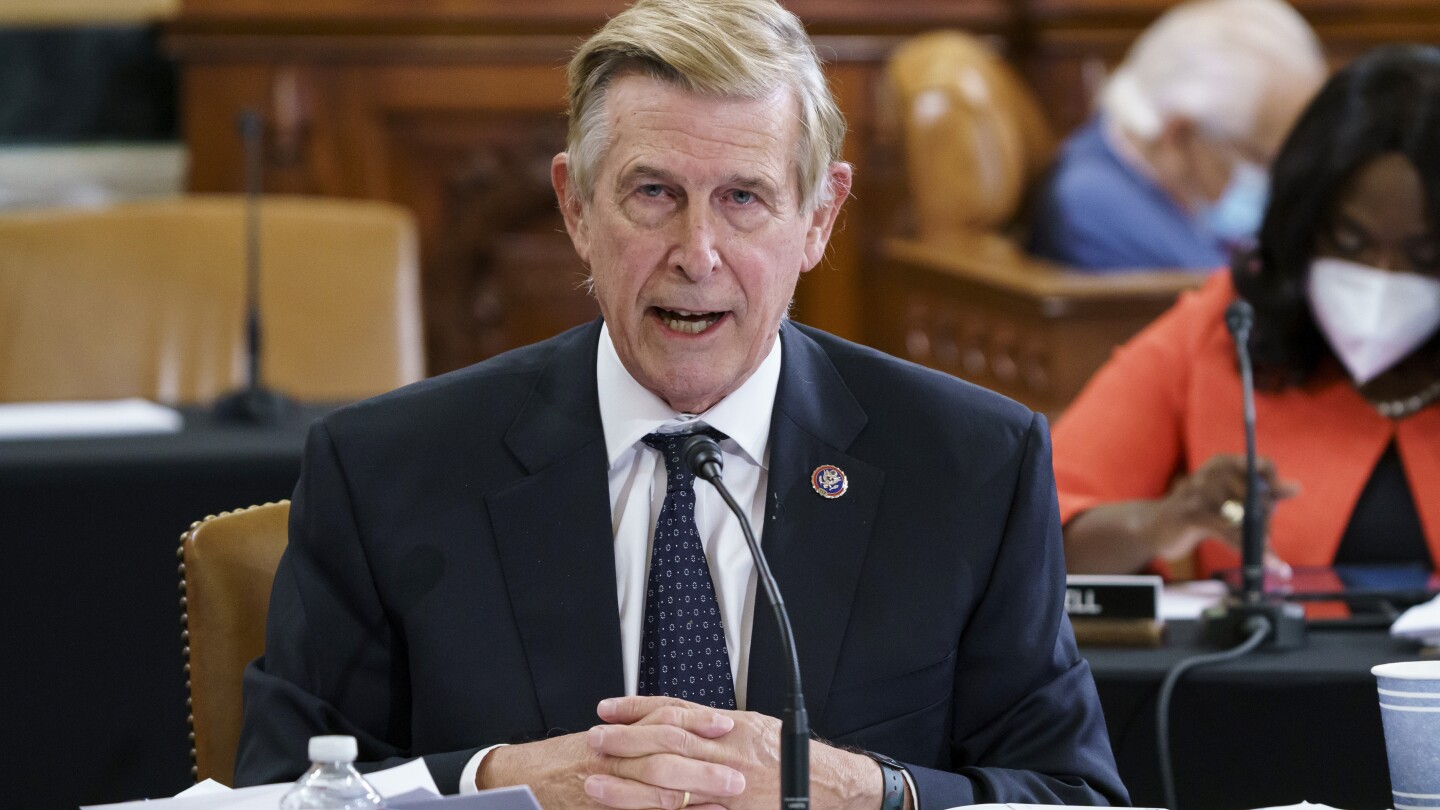- cross-posted to:
- politics@lemmy.world
- cross-posted to:
- politics@lemmy.world
Out of congress after 65 unless you enroll in college and join a frat
Imagine if they all were required to do stuff like this…
I thought nobody old should serve on the government, but I’ll happily support anyone that recognizes they don’t understand something and tries to fix that.
This is the best summary I could come up with:
In an era when lawmakers and Supreme Court justices sometimes concede they don’t understand emerging technology, Beyer’s journey is an outlier, but it highlights a broader effort by members of Congress to educate themselves about artificial intelligence as they consider laws that would shape its development.
Risks like massive job losses in industries made obsolete by AI, programs that retrieve biased or inaccurate results, or deepfake images, video and audio that could be leveraged for political disinformation, scams or sexual exploitation.
Nuclear power and weaponry is another example of a highly technical subject that lawmakers have had to contend with in recent decades, according to Kenneth Lowande, a University of Michigan political scientist who has studied expertise and how it relates to policy-making in Congress.
While a computer science degree isn’t required, it’s imperative that lawmakers understand AI’s implications for the economy, national defense, health care, education, personal privacy and intellectual property rights, according to Chris Pierson, CEO of the cybersecurity firm BlackCloak.
As Congress begins that process, the focus must be on “mitigating potential harm,” said Obernolte, who said he’s optimistic that lawmakers from both parties can find common ground on ways to prevent the worst AI risks.
She represents part of California’s Silicon Valley and recently introduced legislation that would require tech companies and social media platforms like Meta, Google or TikTok to identify and label AI-generated deepfakes to ensure the public isn’t misled.
The original article contains 1,214 words, the summary contains 236 words. Saved 81%. I’m a bot and I’m open source!



